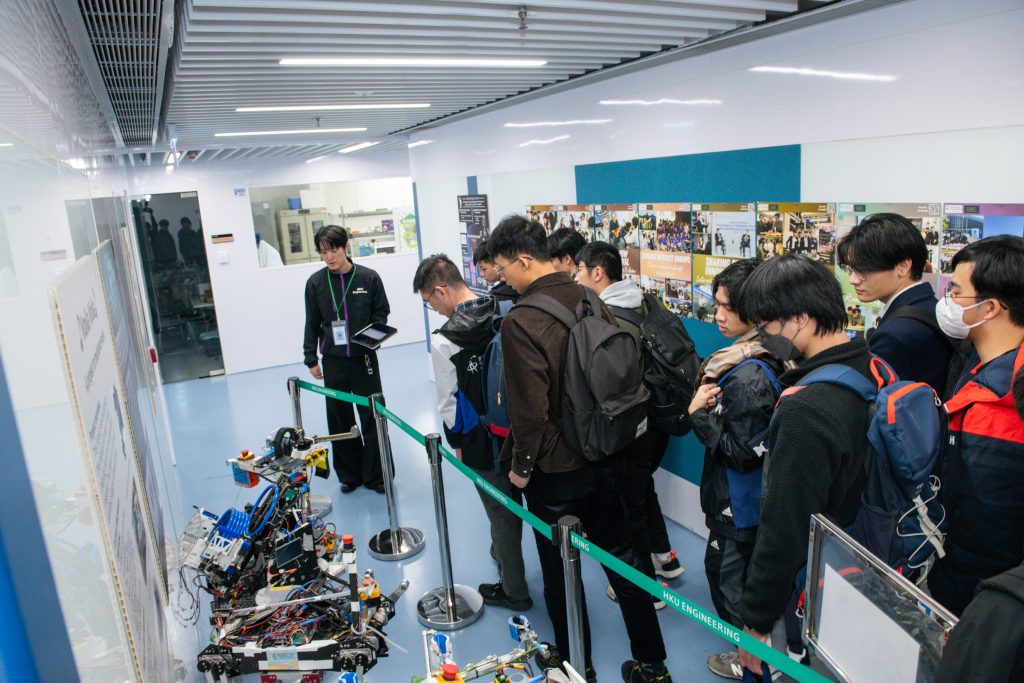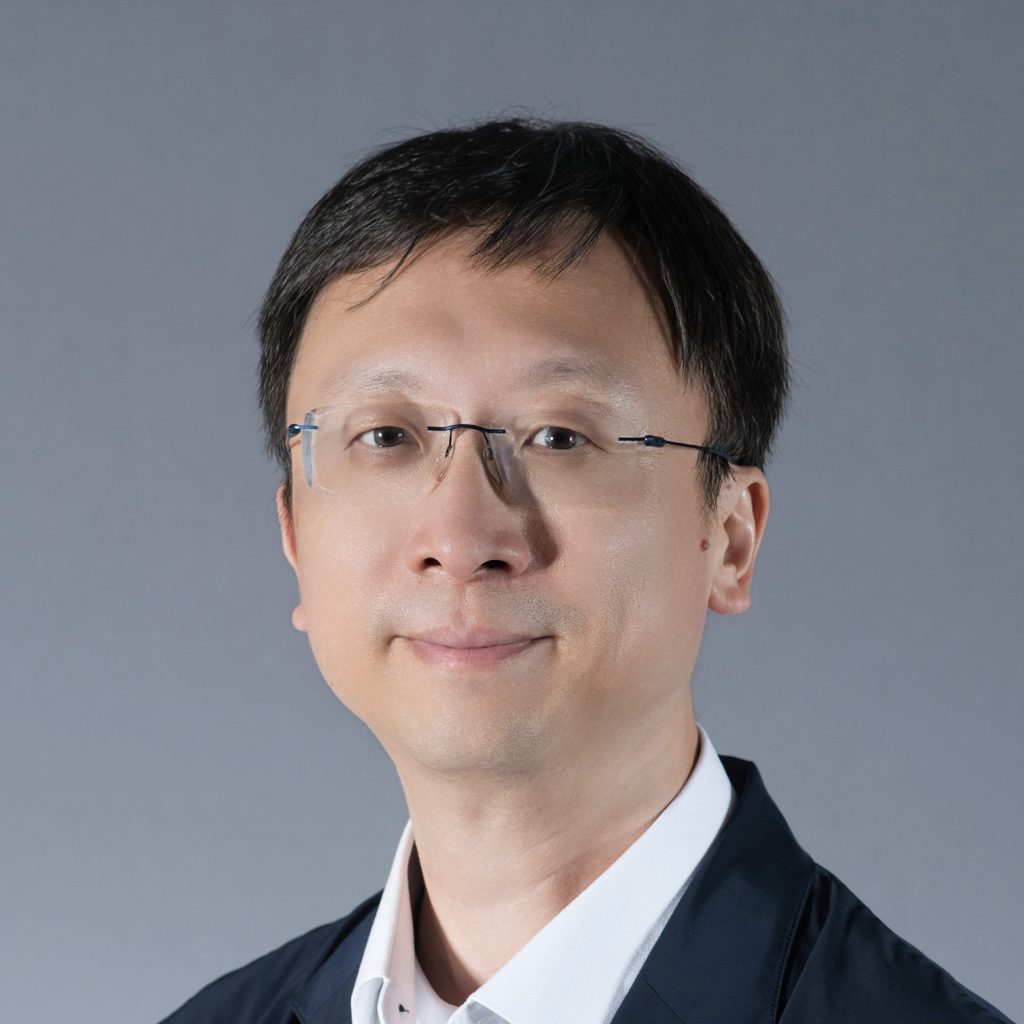May 2025 | Volume 26 No. 2
AI for All
Listen to this article:
People are bombarded everyday with information about and created by AI technology. Some of it may be true, some misleading, some deliberately wrong. But it can be difficult to separate facts from the noise. With that in mind, the University is launching a mandatory course on AI literacy to ensure students are equipped with some fundamental knowledge about the technology, both its capabilities and limitations.
“AI education or literacy is becoming as important to communication skills as learning Chinese and English. In future, it will be unavoidable that students will need to know how to communicate and understand intelligent machines,” said Professor Ma Yi, Director of the new School of Computing and Data Science that has designed the mandatory course, to be fully launched in September 2025.
The course will include components such as the history and fundamental concepts and principles behind AI, ethical uses such as intellectual property protection with AI and the use of AI for homework and research, and the capabilities and limits of things like AI-based robotic technologies.
“We want students to understand what AI can do from an objective and scientific perspective, rather than reading social media or technical reports from companies, which can be severely biased to their advantage, because our students will be leaders in society in the future,” Professor Ma said.
In addition to the AI literacy course, the School is also helping design a new Area of Inquiry in the Common Core, which will offer 20–30 courses related to AI from which all undergraduate students will need to take at least one course. These courses are multidisciplinary, involving other Faculties such as Law, Arts and Social Sciences, and they will delve deeper into specific issues faced in these fields.
Breaking down silos
While HKU-wide programmes are a big part of the School’s remit, they are not the only priority. The School also brings computer science and statistics programmes under one roof in light of technological advances. Previously, computer science was in the Faculty of Engineering and statistics in the Faculty of Science.
“The power of computing and the power of data really have transformed both disciplines,” Professor Ma said. “The traditional programmes have shown signs of inadequacy, and some things are even obsolete and haven’t changed in years.”
For instance, statistics students typically have strong mathematical and analytical training but lack a foundation in practical computational tools and technologies – these are things they usually have to learn on the job. Computer science students have the practical know-how but lack deep analytic training, which is becoming more important as machines take over more computational tasks.
“These two fields were siloed before, but intellectually, they belong together. We want the boundaries to start to disappear because there will be a need in future for truly cross-disciplinary talent,” he said.
The integration runs much deeper than simply housing the two programmes together under one umbrella. The existing curricula in both fields have been substantially reformed. For instance, some statistics courses have been merged and others upgraded to professional degrees, with higher requirements. Computer science programmes have also been streamlined and upgraded with a higher component of AI.
International trend
These changes follow the international trend at institutions such as the Massachusetts Institute of Technology and University of California, Berkeley, which are similarly revamping computer and data science offerings and with whom the School has been collaborating.
“Everybody realises that it is necessary to do a substantial redesign and reform in these areas. It rarely happens in universities that there is this kind of top-down, enforced reform, but we need to do more than just re-organise courses,” Professor Ma said.
New cross-faculty programmes are also being introduced through double degrees with the Faculties of Social Sciences, Arts and Law. There is also an ‘x plus AI’ stream in which top students can earn a Master’s degree alongside their disciplinary major, within five years or less.
Postgraduate studies are also being reformed to meet the high demand from the industry for new talent. The School is strengthening its research postgraduate programme with more course requirements and exams, in step with the rest of the University. The aim is to produce graduates who are globally competitive.
The School also has a team of academics who are strong in research, many of them from the HKU Musketeers Foundation Institute of Data Science, which Professor Ma also leads. They have started to collaborate with cities in Mainland China, for instance, a new AI research lab was established in 2024 in Shanghai with local government support.
Overall, though, the School’s main focus is on academic programmes. “What we are doing here is important for the future to make sure our graduates are prepared for the new era of AI technology and the digital revolution. This is also important in helping Hong Kong maintain its position as a place for excellence in higher education,” he said.

The School of Computing and Data Science organised exclusive workshops to introduce its new undergraduate programmes to prospective students. In these workshops, students were invited to engage with the School’s professors and visit the Tam Wing Fan Innovation Wing.
AI education or literacy is becoming as important to communication skills as learning Chinese and English.

Professor Ma Yi

